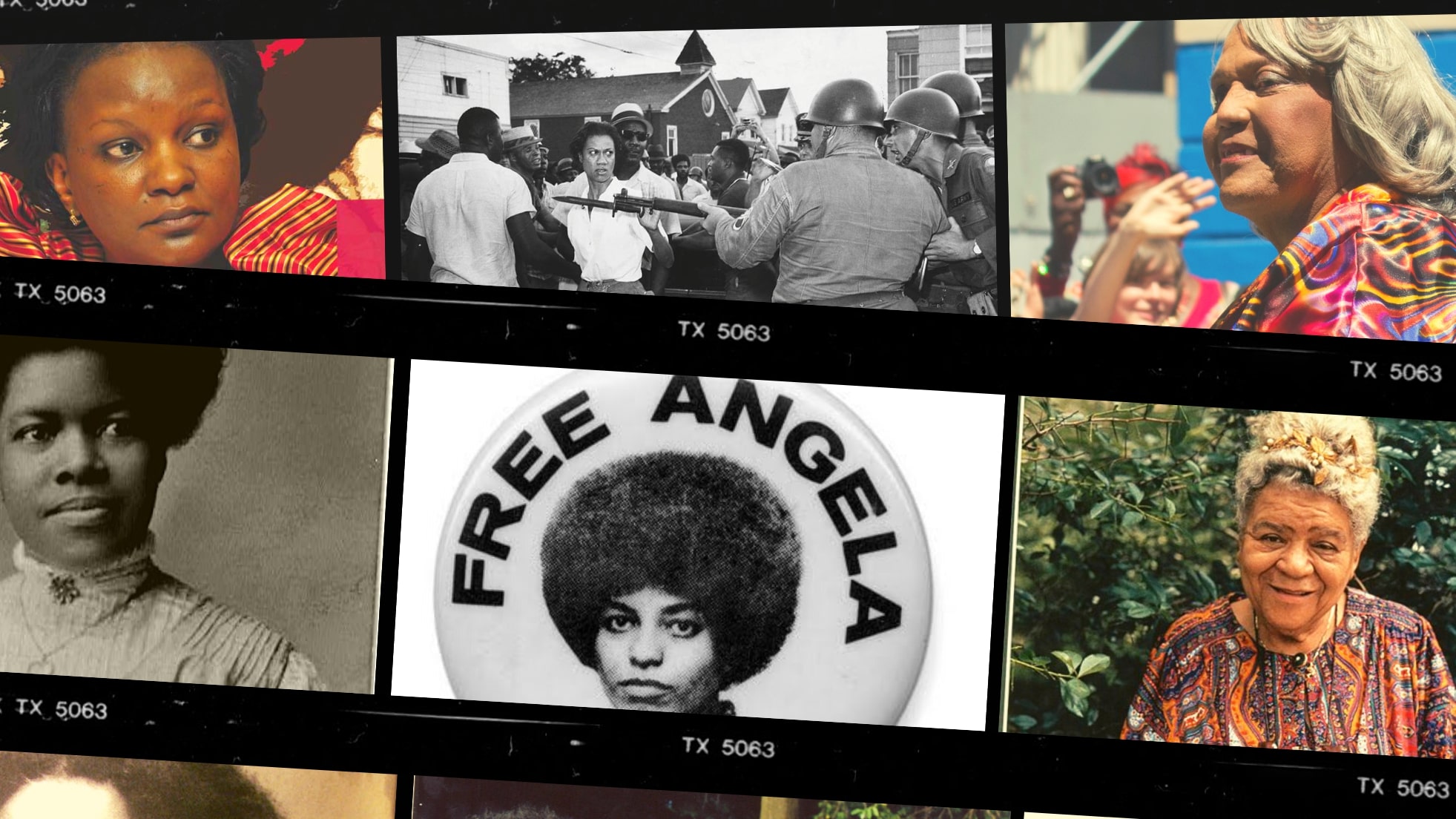The age old refrain “history is written by the victors” seems to explain the absence of Black feminist voices from the historical canon.
So Howard University doctoral student, lecturer and founder of The School for Black Feminist Politics, Jaimee Swift, has created a space to give voice to the global thought leaders reduced to phantom myth throughout the historical record.
The School for Black Feminist Politics (SBFP) aims to teach political science through a Black feminist and intersectional framework in which the contributions of Black women as well as trans, disabled and gender nonconforming Black folks are centered, the organization’s website explains.
Swift, who has a Master of Arts in political science from both Temple and Howard University, is a connoisseur of Black politics. She says the holes left by these missing stories within the academic discourse are gaping.
“Many people may know Ralph Bunche — who was the first Black American to receive a Ph.D. in political science in 1934 and who was chair of the the Department of Political Science at Howard [but] many people are not familiar with Jewel Limar Prestage, who was the first Black American woman to receive a Ph.D. political science in 1954, twenty years after Bunche,” Swift told Blavity.
SBFP coursework reflects Prestage’s thoughts and critiques of political science frameworks that fail to address issues of race and gender. Prestage, according to the SBFP, was revered as the mother of Black political science; the school refers to her 1991 and 1994 essays outlining Black women’s contributions to social movements in the U.S., as well as advocating for the notion that the examination of race and gender are integral to an effective study of political science, according to the organization’s website.
SBFP was born out of Black Women Radicals, launched by Swift last October. The organization has a database which hosts a collection of Black women and femmes political contributions, both archival and aptly timed to today. Alongside it, the resource runs a blog and community engagement events, as Blavity previously reported.
The school’s mission rests upon three obligations: teach-ins, community conversations and building solidarity, the website says.
Although teaching stands at the core of the SBFP mission, Swift believes that academics need not be regarded as gatekeepers of Black political science or feminist thought. Naturally, the teach-ins feature Black feminist artists and activists who lead 60-90 minute lectures in tandem with scholars, as well as assemble reading lists for participants, per the school’s website. The first 100 participants to register for the lectures on the organization’s event page are admitted into the audience, while other attendees can stream the teach-ins live on Youtube.
The school’s most recent teach-in program, titled “Celebrating The Life of Patricia Robinson,” featured historian Robyn Spencer’s work on the therapist and birth control advocate who asserted poor Black women were used as pawns in the patriarchal demand to “preserve the Black race.”
These teach-ins are a part of the community conversations central to the coursework at the SBFP. The monthly community conversations foster a safe, explorative space for Black women, queer and gender non-conforming folks to share their lived experiences, dreams and needs.
Above all else, Swift says building solidarity with global Black feminist frameworks remains the rainbow thread by which the school’s defining focus is sewn together.
“How can we expand the frame of reference so that we can learn from various historical and contemporary Black political, theoretical frameworks in Africa and in the African Diaspora?” Swift posits. “This is why the School For Black Feminist Politics was started. I launched the school because I think it is a critical imperative to interrogate, center, and learn from Black feminists from various backgrounds, who are expanding the frame of reference of Black Politics globally.”
In SBFP’s global and intersectional framework, the life and labor of Black trans women is centered and celebrated. Still, there is a long history of erasure clouding Black women and queer folks’ voices within political movements. Marsha P. Johnson, an integral organizer of the 1969 Stonewall Riots, helped catalyze the LGBTQ+ rights movement, and yet her contributions were largely overshadowed in the historical canon to make room for more “acceptable” figures, Mama Black reports.
The SBFP intends to correct this haphazard account of Black history. Swift names the type of intersectional trailblazers to which the school will pay homage.
Swift says including trans and queer voices only strengthens the enduring struggle for Black liberation.
“How are Black women, gender non-conforming, and non-binary people resisting, leading, and educating in the different environments they find themselves in? How can we learn from one another?” the 29-year-old educator asked. “How can Black feminist political education be a tool to create alternative strategies for liberation? When we expand our knowledge base and root different strategies in our praxes, we are more equipped to understand and resist what is to come.”
Visit the SBFP website to learn more about upcoming events and stream the latest teach-in here.
